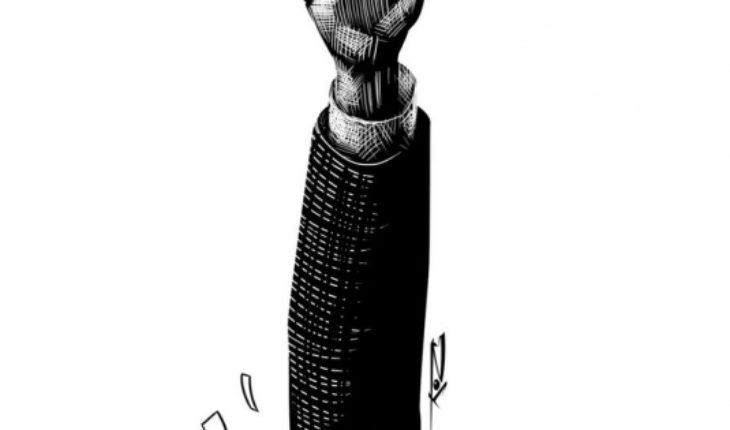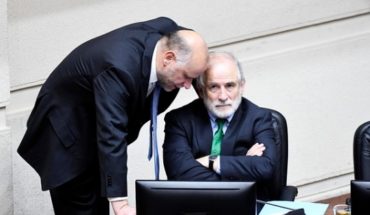There is no argument that refutes the deep social unrest that exists in our country. Some diagnoses emphasize social inequality, which has been deepened by a neoliberal model that has tended to commodify society, and as a result, there has been a state weakening that allows only partially, guarantee social rights to their citizens.
While this diagnosis is reasonable, it is relegated to a large sphere that tends to move us away from everyday experiences as builders of dignity or suffering and discomfort. Wanderley (2009) notes that “people understand themselves as citizens and the ways in which they exercise and demand rights in encounters with the state bureaucracy.”
Taking this malaion in the midst of contingency, it seems reasonable to look for the sources that have given rise to it, but this time, moving away from the common areas of economic and social analysis, to put the focus on the relationship between people and state offices and along with this, in the perceptions that arise from there in terms of our identity as citizens. In this search it is interesting to recall the month of fury experienced in the Commission on Preventive Medicine and Invalidity (COMPIN).
During 2019, events have occurred that have exposed serious deficiencies of the public body. On June 14, 2019, a 60-year-old user inferred wounds on his arms with a knife after being cared for by this entity who has not been able to resolve his request repeatedly. Witnesses reported that the man claimed for ten unpaid licenses.
A few days prior to the aforementioned event, a man in a wheelchair activates a fire extinguisher inside comPIN’s offices, where two injured officers were injured and the same month, a woman, threatens to undress for a 7-month non-payment of leave , managing to take off his shirt while shouting “I’m tired of walking.”
In this context, it is possible to assert that the identities of people in their citizen sphere and how they exercise and demand their rights before the state bureaucracy, reveal deep inequities, which must be neutralized by a number of strategies on the part of users to demand rights that, de jure (in law) if they are guaranteed, but that are in practice restricted.
In this sense, the strategies used by COMPIN users in the city of Santiago, reveal that the suffering has been used in order to obtain in return, the payment of medical licenses due.
If we put the focus on legality, the acts performed by users are worthy of punishment. Nakedness in public or activating a fire extinguisher without cause for fire are cause for pressure because they are contrary to the law. However, what were the authorities’ responses to the facts?
The Seremi of Metropolitan Health reported that the situation of the man who cut his arms, regarding the payment had already been regularized. In addition, the authorities announced the removal of the chief of user care and other measures such as increasing booths and the provision of differentiated care stations.
So what citizens are we? While we are aware of our rights, we find no useful channels of communication in our state bureaucracy and often in the face of this institutional and political blockade, the misconduct of both civil servants and citizens Democracy.
People’s daily experiences of their relationship with the state and the public should be mandatory in democracies that rest on the memory of human rights, since it is in that first instance that the rights that that exercise are exercised society claims to guarantee.
It is essential, especially in the current context of Chile, to have a broad and generous view of the rule of law, recognizing the tension between legitimacy and legality, assuming that both citizens and the bureaucratic apparatus installed, are responsible for building a better society, avoiding the inconsistencies and bad practices of institutions.
This implies an acknowledgement of the extralegal, as a valid manifestation insofar as it gives an image of society, which, although it does not like what is projected there, must be assumed with responsibility and ambition for change, reducing more and more the repressive mechanisms that silence these initiatives.
The content poured into this opinion column is the sole responsibility of its author, and does not necessarily reflect the editorial line or position of El Mostrador.





